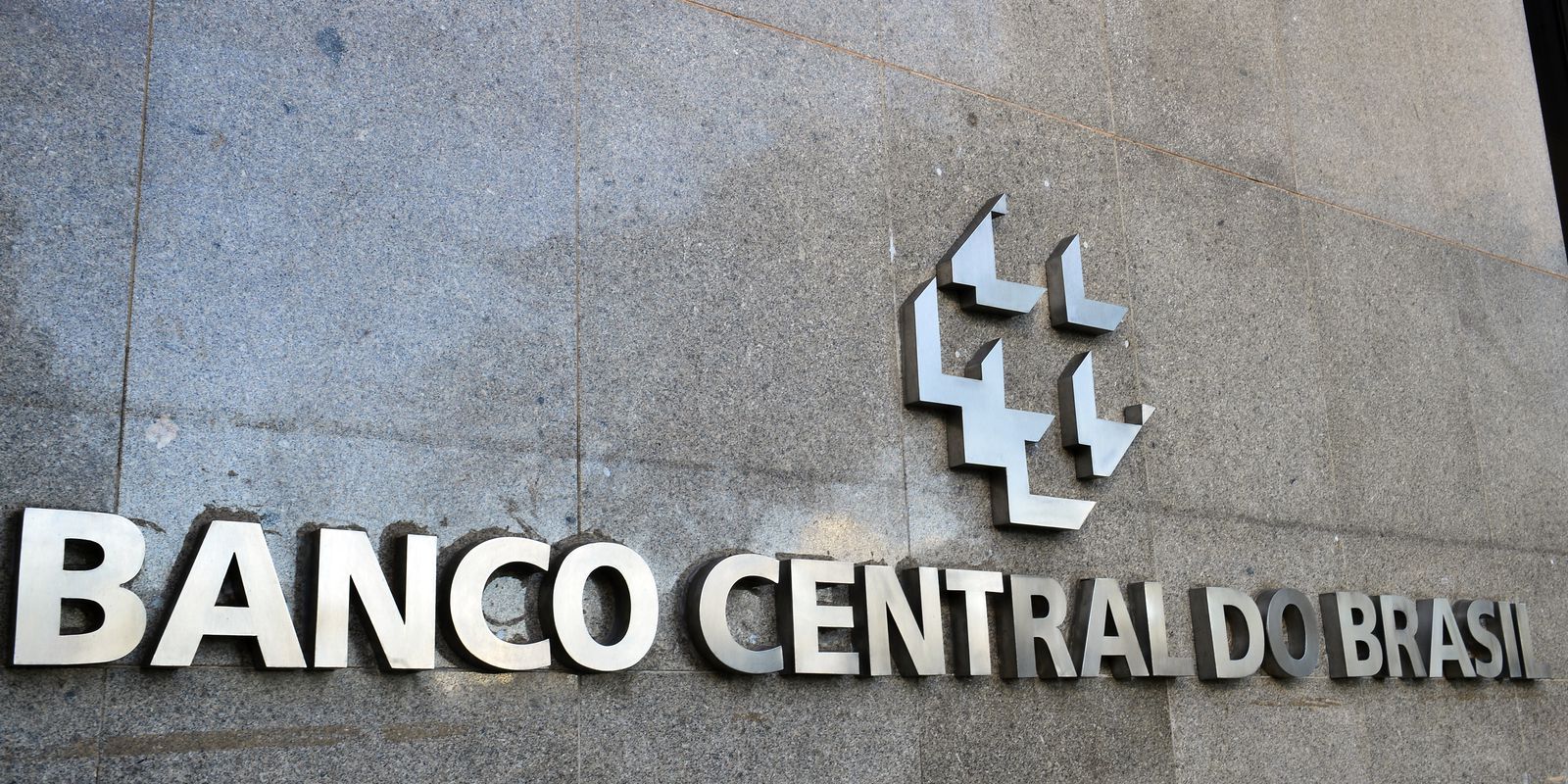The adoption of credit card bills that present simplified language and highlight relevant information about payment options has the potential to improve the understanding of this product, encourage better financial decisions and reduce the population’s indebtedness. In study released today (5) by the Central Bank (BC), the agency assesses that these effects seem to be even greater for people with less schooling.
The Central Bank carried out an experiment to investigate whether different layouts (how information is distributed) of card invoices would improve understanding of product usage conditions and potentially affect full or partial invoice payment decisions. The study was conducted by BC, in partnership with the Plano CDE Consulting and Research Company and with financial support from the Fletcher School of Law and Diplomacy, a school at the North American university Tufts University.
The experiment subjected groups of participants to different layouts of credit card bills. Then, they filled out a questionnaire that addressed the understanding of invoices and decision-making. Alternative invoice designs, in relation to layouts of existing credit card bills, allowed testing solutions based on behavioral sciences.
According to the BC, the result showed that the participants who received the invoices with the new layouts they better understood the data presented and were better informed to identify the consequences of accepting revolving credit or paying the invoice in installments, which have higher interest rates.
The credit card is widely used in Brazil. According to the BC, in 2021, approximately 65 million citizens, almost 40% of the adult population, performed more than 200 million operations monthly. On average, families have about 30% of their debts with the National Financial System (SFN) related to credit cards.
“Despite the convenience of using the card as a means of payment, its inattentive use can cost the user dearly – for example, when he fails to pay the full amount of the invoice and, consequently, takes the revolving credit or uses the installment option. With average annual interest rates above 300%, these types of credit are the most expensive in the country and are mainly used by people with incomes of less than two minimum wages”, warned the BC.
Simplification
According to the agency, in addition to inattention, the complexity of the product, the low level of financial literacy of users and confusing invoices are some of the factors that can result in the unwanted use of revolving credit or installments. “In this sense, the simplification of credit card bills is seen as a possible facilitator to improve the profile of use of this instrument”, he argued.
The main hypothesis of the experiment is that the information conveyed by credit card invoices is usually presented in a technical and confusing way, which limits the citizen’s understanding and encourages the payment of smaller amounts, increasing interest expenses. Therefore, by simplifying invoices, people are expected to better understand the use and risks of this financial product. “By rearranging the information, it is expected to provide additional incentives for payment decisions that result in [de pagamento] higher, reducing costs of interest and fees that consumers generally incur”, says the BC.
According to the study released by the agency, which is part of the Banking Economy Reporta strong influence on the payment decision was also observed when entering a larger pre-filled amount on the invoice payment screen, in applications online. “This demonstrates that, by means of anchoring mechanisms or standard choice, in general, the value that appears in this answer box at the time of payment influences the consumer’s payment decision”, says the BC.
Tomorrow (6th), the BC will release the entirety of the 2021 Banking Economy Report. As well as this one, the body has already advanced some information boxes, which are excerpts with special studies within the document. The credit market during covid-19 pandemicthe issuance of bonds related to the sustainability it’s the bond market in Brazil were the topics dealt with by the BC in the boxes.

















